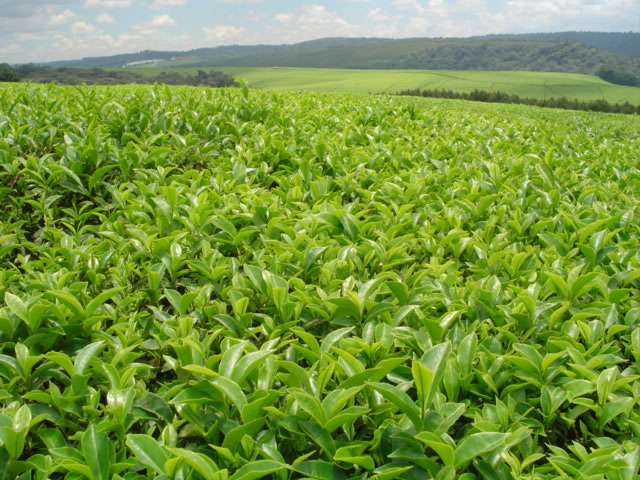The country has recorded an all-time high Tea production in the month of March this year after registering more than 55.7 million kilograms against 26.5 million kilos reported during the same period in 2019.
A similar high monthly output was previously recorded in December 2018 at 51.8 million kilograms and January 2016.
Agriculture and Food Authority (AFA) Acting Director-General Anthony Muriithi said the high production was attributed to the onset of the long rains season characterized by high precipitation and sunny intervals experienced across tea growing areas in the west and south rift regions.
The tea directorate report performance highlights for March 2020 says unlike other years the long rains in March were preceded by a prolonged period of short rains which contributed to equally good production during the months of January and February.
Muriithi however noted that the depressed demand following disruptions and restrictions of movement due to the Coviod-19 pandemic has led to low demand of Kenya tea in some key global market destinations in the month of March this year.
According to the Tea Directorate market report, even though more production was recorded during the month of March, some key market export destinations registered low request of Kenya tea.
“Pakistan and Egypt are the major Kenya tea buyers but recorded a 19 percent and nine percent drop respectively in the months of March 2020 compared to 2019,” he said.
The low demand of the commodity in the global market coupled with high production locally, Muriithi explained impacted the low prices at the Mombasa Tea Auction.
However, Muriithi said that on the other hand countries currently recording high positive cases of coronavirus mainly UK, USA and Italy surprisingly recorded high imports during the review period.
“United Kingdom, USA and Italy that have been devastated by the effects of Covid-19 recorded an increase of 8 per cent, 102 per cent and 100 per cent after importing 4.1 million kilogrammes, 460,000 kilos and 4,600 kilos respectively during the review period.
Other countries that recorded high tea imports include Yemen, UAE, Saudi Arabia, Russia, Sudan and Kazakhstan.
During the review period, the AFA DG noted that Kenyan tea was shipped to 46 destinations compared to 43 end points last year.
Total tea exports, Muriithi said decreased by one per cent from 44.7 million kilogrammes shipped last year to various market destinations to 44.2 million in the month of March, 2020.
Pakistan topped as the leading importer of Kenyan tea after buying 14.3 million kilos accounting for 32 percent of the total exports volume, but this quantity was a 19 per cent drop compared to 17.5 million kilos imported by the Asian country same period last year.
Egyptian imports accounting for 16 percent of the total export volume of Kenya tea dropped from 7.8 million kilos in March 2019 to 7.1 million kilos this year.
Other market destinations that registered a drop of their imports from Kenya include Afghanistan (39 percent), Iran (68 percent), Qatar (31 percent), Japan (66 percent) and China (31 percent).
The average auction prices decreased by 6.6 percent to Sh213.3 (USD1.99) this year compared to Sh228.3 (USD2.13) same period in 2019.
But the prices rebound in the month of April with average prices registering 6.7 percent growth in the last one month, Muriithi noted.
In Jan-March period, Muriithi stated that average auction prices dropped from Sh235.84 (USD2.20) registered in 2020 to Sh213. 328 (USD2.13) this year.
During the three months’ period, exports Muriithi said, decreased by 6 percent from 137.2 million kilogrammes last year to 128.8 million kilos this year.
Market data by the East African Tea Trade Association (EATTA) confirmed that the market has been resilient despite the increased reported cases of coronavirus in the country and globally.
EATTA Managing Director Edward Mudibo said that for the last one-month average prices have been on the increase course
“There is still high interest of tea being offered for sale at the Mombasa Tea Auction. Despite economic scare globally due to the Covid-19 pandemic, average prices in the month of April, 2020 increased by 6.7 percent from Sh208 (USD1.94) to Sh221.90 (USD 2.07)”, Mudibo said.
Two weeks ago, the government announced new policy regulatory and administrative reforms in the tea sector in the country with a view to looking at the current gaps along the value chain.
By Wangari Ndirangu
Tea Production Hits the Peak





